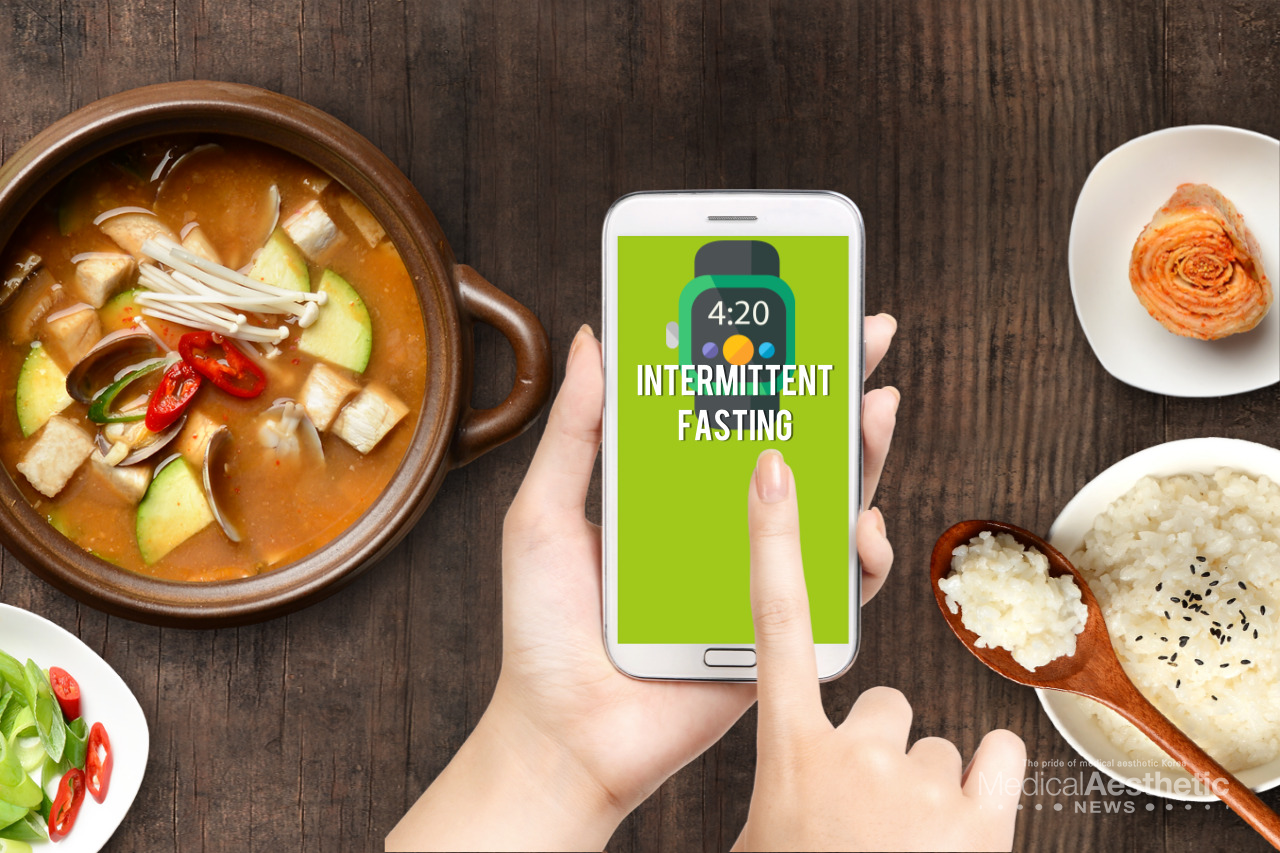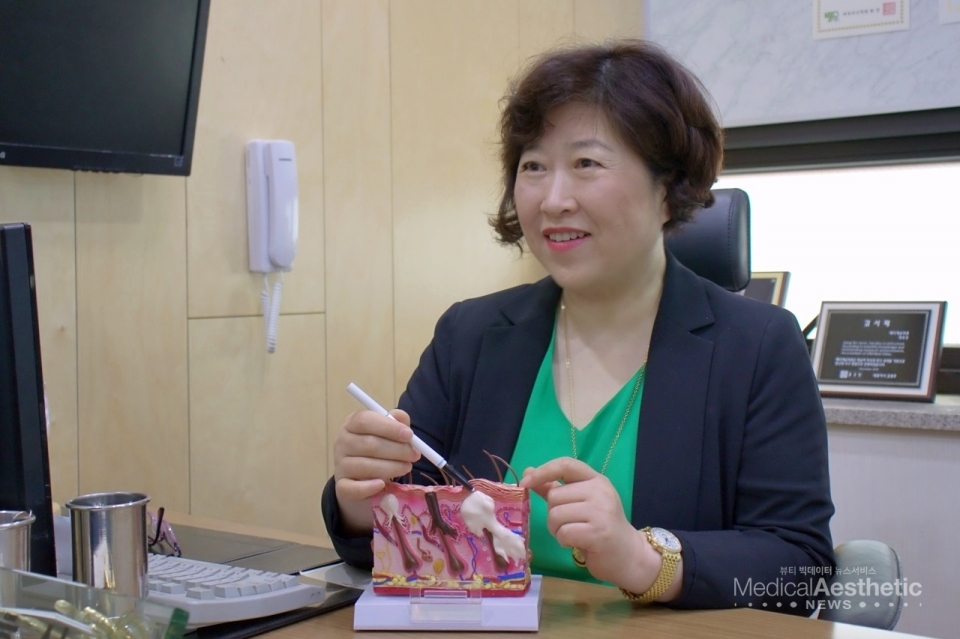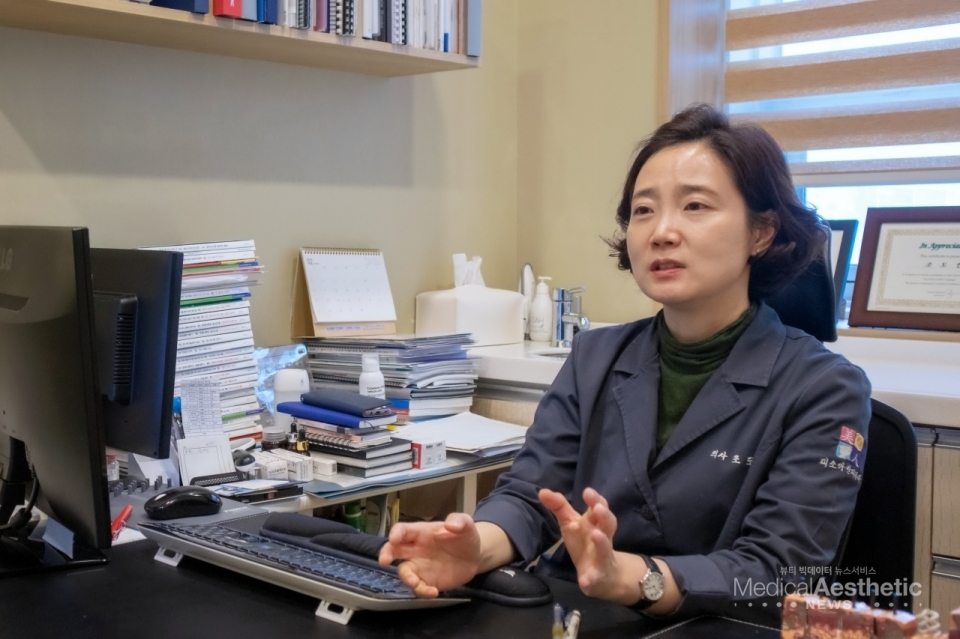What Is Intermittent Fasting?
Intermittent fasting is a diet method that flexibly selects the best day or time zone for fasting and does not eat food other than a set amount of time. For instance, 16:8 approach is eating for eight hours and fasting for 16 hours. Another, known as the 5:2 approach, involves eating regularly five days a week. For the other two day, it is fasting.
The more we keep fasting, the lower the insulin level in the body, and at this time, our body tries to us the stored fat as an energy source instead of glucose. This is the mechanism of intermittent fasting work to induce fat consumption by using the amount of insulin secreted.
Concern About Intermittent Fasting
Most living creatures, including humans, have the circadian rhythm inside their bodies. Billions of cells in the body live 24 hours a day in accordance with the circadian rhythm. It controls wake-up, sleep, body temperature, blood pressure and appetite, and maintains the homeostasis of our bodies. If the circadian rhythm goes off, the body starts sending abnormal signals, and if left as it is, it can increase the risk of not only sleep disorders, obesity, diabetes, but also depression, dementia, and cancer. We can expect that eating time may be an important variable in health and disease risk. Then, can we say intermittent fasting to be more effective than other diet methods? Can we say that it is a good way to lose weight while maintaining health?

What 3 of Expertise Say About Intermittent Fasting
• Dr. Sehyun Kim, founder & president of Lyhn Clinic
Intermittent fasting is defined as “the natural eating habits of healthy and slender people”. If you drank alcohol the night before or ate too much food, slim and healthy people may not eat anything the next day because they don't want to eat anything the next day. Usually, people who break this eating pattern and eat too much pour it out. It can be said that these natural eating patterns are broken in people who are obese or have geriatric diseases.
In other words, intermittent fasting is closer to the concept of returning to the original healthy body rather than the concept of 'a great diet effect'. Of course, if you think about how to graft your usual eating habits and how much you can get from intermittent fasting, you can get better results.

• Dr. Hosun Chang, founder & president of Medi Castle Clinic
Intermittent fasting has a positive effect on the bacterial flora in the gastrointestinal tract. The normal bacterial flora maintains a symbiotic relationship with our body and is responsible for defending against pathogen invasions from the outside. To maintain normal condition, intestinal bacteria must be various species, and to do so, the food that comes into, must be various. The key to intermittent fasting is to keep the time of fasting thoroughly, no restriction of food. It is a benefit of intermittent fasting. On the other hand, if the food or ingredient you eat is biased towards one thing, such as ‘One-food diet’ or ‘High-fat diet’, only some of the bacteria increase and the intestinal microflora abnormality may become severe. Intermittent fasting allows the gastrointestinal tract to rest, so it reduces intestinal leakage and has a positive effect on the intestinal flora. While fasting, pathways in the brain and gastrointestinal tract are activated, improving energy balance.
However, if you do not combine intermittent fasting with exercise, you may come to a plateau at some point or rather gain weight. If food intake is reduced, our body has the property of storing energy, so even if we eat the same amount of basic metabolism, which is the number of calories consumed even if we stay still, we can become more fattening than before. In addition, a long fasting period and low-calorie intake may not produce enough energy, it may cause using nutrients from muscles and bones. It is good to activate your metabolism through regular exercise.
People with chronic disease such as diabetes should consult a specialist to find the right diet. Adolescents, pregnant women, the elderly, and people suffering from eating disorders such as anorexia or bulimia should not start intermittent fasting prematurely and consider it after consulting with a specialist.

• Dr. Doyeon Cho, founder & president of Misogain Dermatologic Clinic(Gimpo branch)
The goal of intermittent fasting is to increase the number of days of trial to keep your usual eating habits healthy. That’s why you don’t have to force yourself to limit your diet. If you limit food or nutrients unconditionally, you may have problems such as osteoporosis or myopia. You should eat various food evenly within proper calories.
The problem with diet methods so far is that trying to apply same method to all people collectively without considering individual differences. Intermittent fasting may have the negative effect if you follow it blindly without considering individual differences. You can succeed only if you choose the appropriate diet method according to your lifestyle, inclination, and body type.



